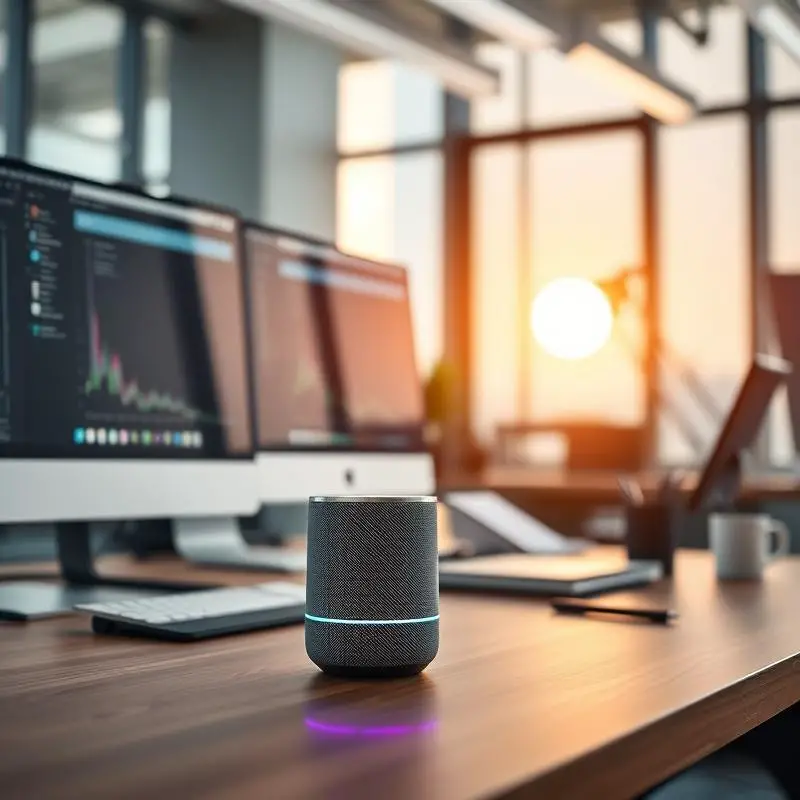Understanding AI Virtual Assistants
AI virtual assistants are software programs that use artificial intelligence to perform tasks or services based on commands or questions. They are designed to understand natural language and provide responses that mimic human interaction. Popular examples include Apple’s Siri, Amazon’s Alexa, Google Assistant, and Microsoft’s Cortana.
The Rise of AI Virtual Assistants in Personal Use
Over the past decade, the adoption of AI virtual assistants for personal use has skyrocketed. According to a report by Statista, the number of digital voice assistants in use worldwide is expected to reach 8 billion by 2023. This surge is driven by advancements in machine learning and natural language processing (NLP), making these assistants more intuitive and user-friendly.
Key Features and Functionalities
AI virtual assistants offer a wide range of features tailored for personal use. These include setting reminders, sending messages, making calls, providing weather updates, and even telling jokes. More advanced functionalities involve controlling smart home devices like lights and thermostats, managing calendars, and playing music or podcasts.
One fascinating aspect is their ability to learn from user interactions. For instance, Google Assistant can suggest leaving earlier for an appointment if it detects heavy traffic on your usual route. This level of personalization enhances user experience significantly.
Benefits of Using AI Virtual Assistants at Home
The convenience offered by AI virtual assistants for personal use cannot be overstated. They help streamline daily tasks, allowing us to focus on more important activities. By automating routine actions such as setting alarms or checking emails hands-free, they save time and reduce cognitive load.
Moreover, these assistants can enhance accessibility for individuals with disabilities. Voice-activated controls enable users with mobility challenges to operate devices without physical interaction.
Privacy Concerns and Security Measures
Despite their benefits, using AI virtual assistants raises privacy concerns. These devices often require access to personal data to function effectively. Users worry about how this information is stored and used by companies.
To address these concerns, tech companies have implemented various security measures. For example, Amazon allows users to review and delete voice recordings associated with their Alexa account. Similarly, Apple emphasizes end-to-end encryption in its Siri interactions.
Future Trends in AI Virtual Assistants
Looking ahead, the future of AI virtual assistants for personal use appears promising. We anticipate further integration with Internet of Things (IoT) devices, enabling seamless control over an increasingly connected home environment.
Additionally, advancements in emotional intelligence could allow these assistants to detect users’ moods through voice analysis and respond empathetically. This could transform them into not just task managers but also companions offering emotional support.

